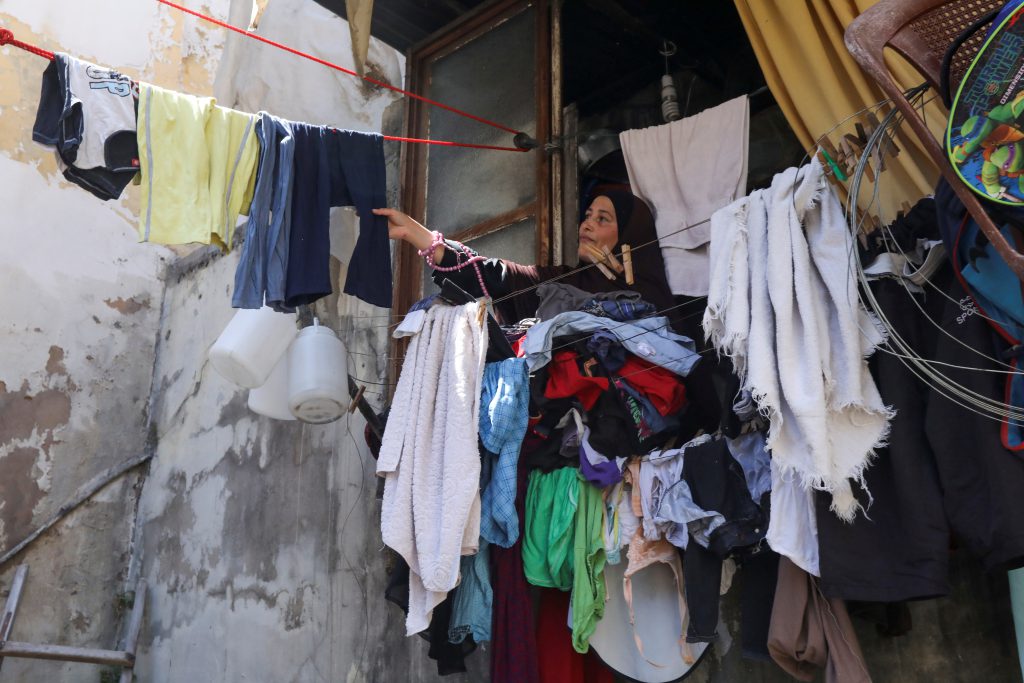On 25 November 2020, the European Commission published its third Gender Action Plan “An ambitious vision on gender equality and women’s empowerment for EU external action”, more commonly known as GAP III. Unsurprisingly, the document is facing pushbacks from Poland and Hungary within the Council.
At the centre of the discussions is the use of the “gender” and “gender equality” terms. Critiques against this plan illustrate the rise of a new political paradigm that fundamentally rejects what is deemed “liberal” or “post-Christian ideas”. These critical voices embody a profound rejection of women’s and particularly LGBTIQ+ rights.
EuroMed Rights has produced an analysis of the action plan and sent its recommendations to different EU stakeholders. As a network, EuroMed Rights’ main concern reflects that of many NGOs: we must counter the global backlash against women’s and LGBTIQ+ rights.
The space available for feminist and LGBTIQ+ organisations is shrinking both within and outside the EU. In its analysis, EuroMed Rights blows the whistle on new forms of “civil society” that are used by different regimes to prevent independent feminist and LGBTIQ+ organisations from working. For example, the report points out the growing number of anti-gender organisations that target all policies related to “gender ideology” while hijacking feminist and human rights concepts and using EU fora dedicated to civil society. The analysis also draws attention to government organised non-governmental organisations (GONGOs), which can serve as a human rights facade for illiberal and/or autocratic regimes.
The EU needs to establish strong criteria to avoid the participation of anti-gender organisations or GONGOs over feminist organisations. What we see at the level of the European Council is an illustration of a strong new political force that is resolutely against the idea of gender equality. The EU should realise that these regimes will not disappear tomorrow. It must take on a preventive approach, strategising to counteract – in a meaningful and sustainable way – illiberal ideologies and their relation to gender issues. Only then will feminist and LGBTIQ+ organisations be enabled to work safely.

